Angola
The Bié Province in central Angola has long been a commercial centre and a highly fertile region for agriculture. It was also a key flashpoint in Angola’s fight for independence and later its civil insurgency. Following the conflict, it was crucial to generate employment both for veterans and for the youth.
Daniel Kavinhanha is the manager the new Peace Prize Ceramic Factory that's to be completed by the end of the year, and he explains its main objectives,
"It's very important to diversify the source of income. Also to contribute to GDP. The second social dimension creates employability for citizens, to have incomes for their stability. The third dimension is political, to absorb most of the military and their socio-professional reintegration."
When the factory is completed, they hope to produce many building materials, including high-quality bricks and tiles. They are also in the process of implementing an additional phase which will enable them to manufacture kitchenware.
The factory's output will play an important role in the region's development, too, Kavinhaha says the project also encompasses a social dynamic and will provide a school, a health centre as well as water and energy.
One of the veterans involved in the project gathered other vets with their skills and experience to help make it all work. Avelino Munijindo says it is also helping veterans like him to integrate back into the workforce as well as into the community,
"The relationship is actually very good, because the local population here are helping to do the work and the ex-military assist with the expertise they in some of the areas, so we are helping them too."
Even before the factory officially opens, its impact is already being positively felt across the area, and much of this is due to all the infrastructure improvements built around it.
Sabino Henda is Administrator in Chipeta, a community with more than 30,000 people in more than 50 combined villages. Henda says one of the favorable impacts of the factory is the school,
"The children now get to study very close to their homes. Parents know that their children will study in a school with excellent conditions."
But the broader picture behind the ceramics factory and all the infrastructure is securing peace in the country on a social level. Henda says,
"Development can only exist where there is peace. So, following the armed conflict, these kids represent ‘the peace generation'.





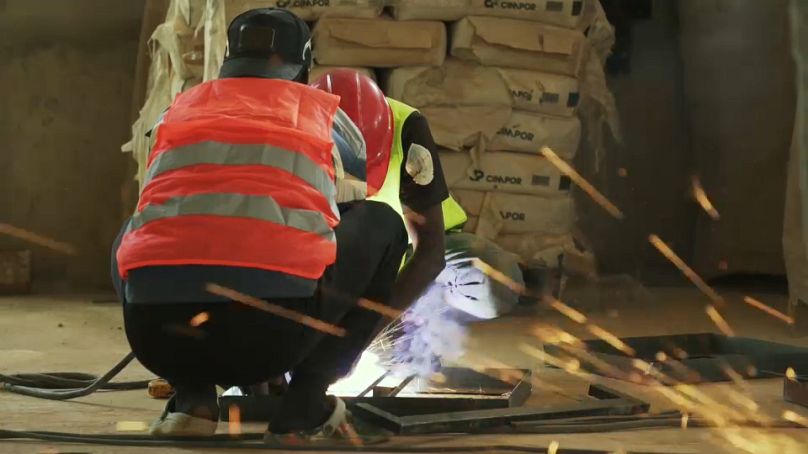
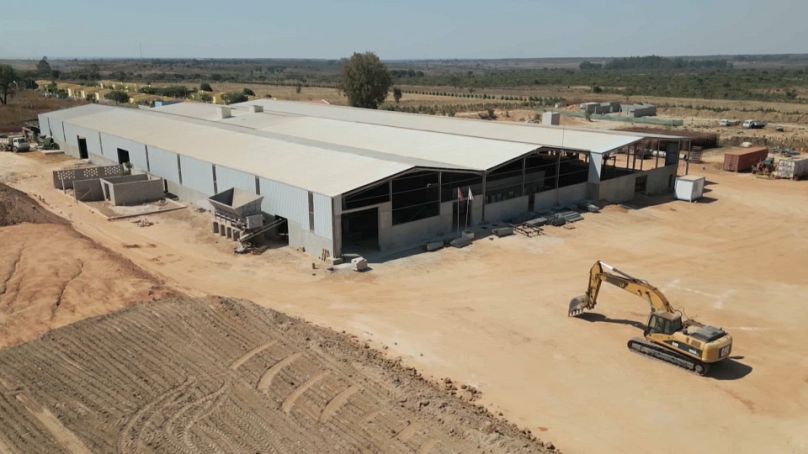
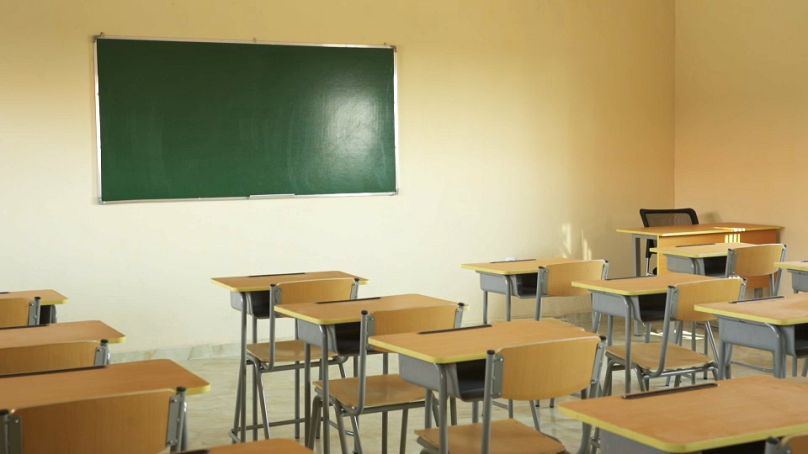
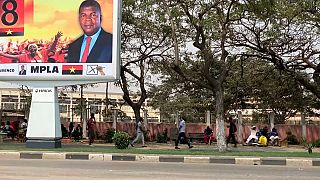
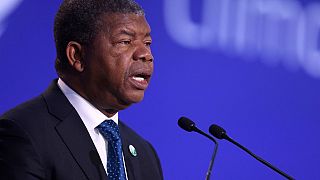
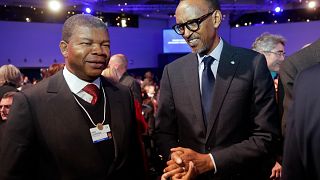

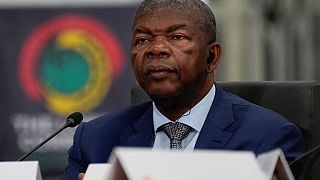



01:16
Africa mourns Pope Francis, a voice for peace and justice
01:14
ECOWAS Meets in Ghana to Tackle Member Withdrawals
Go to video
EU foreign ministers discuss Ukraine, Syria and EU-African relations in Luxembourg.
01:58
Latin American leaders urge unity amid U.S. trade and migration tensions
Go to video
Paris hosts the 4th edition of African Cinema Days featuring Côte d'Ivoire
Go to video
Trump tariffs put 35,000 South African citrus jobs at risk, farmers warn